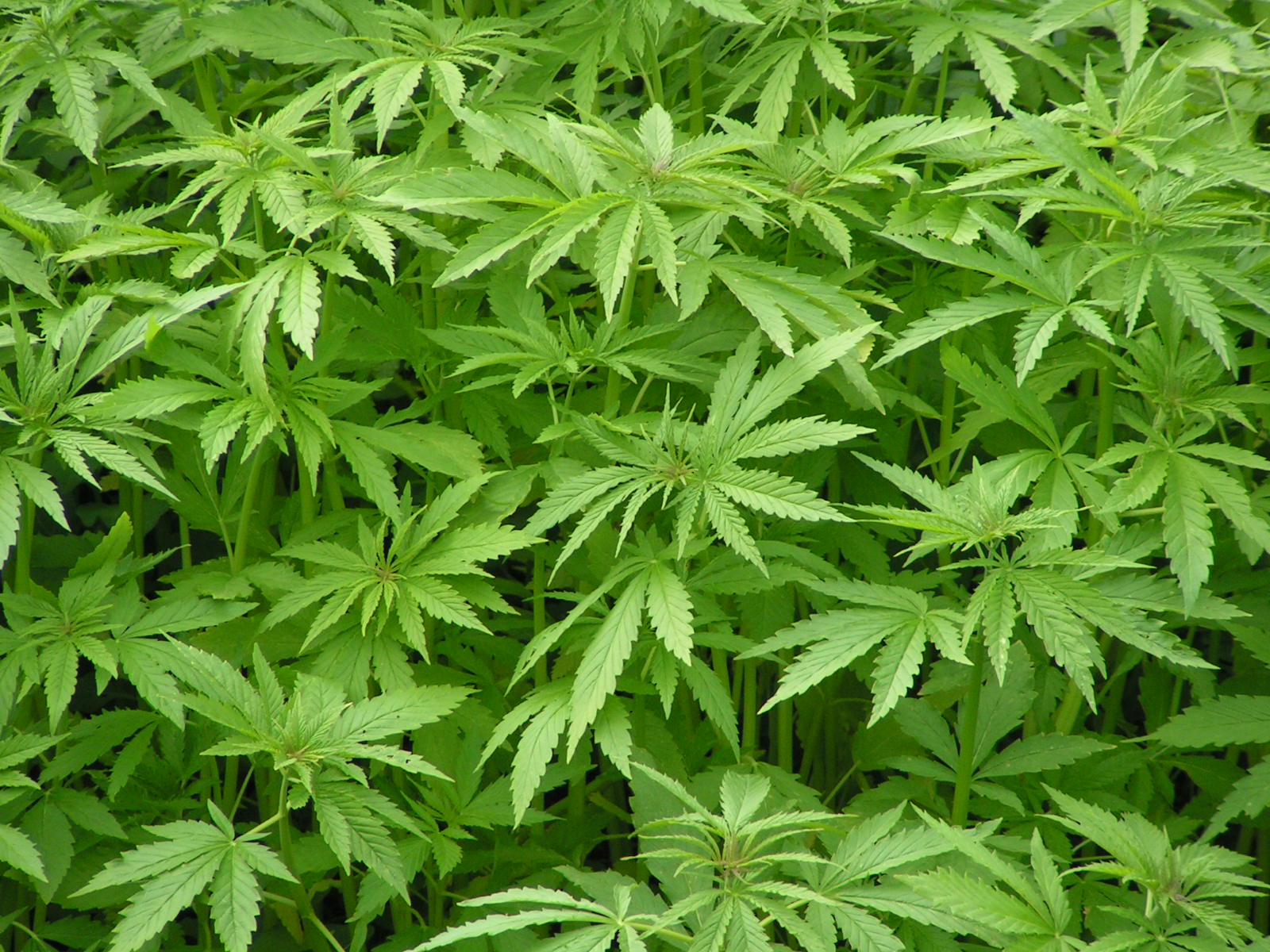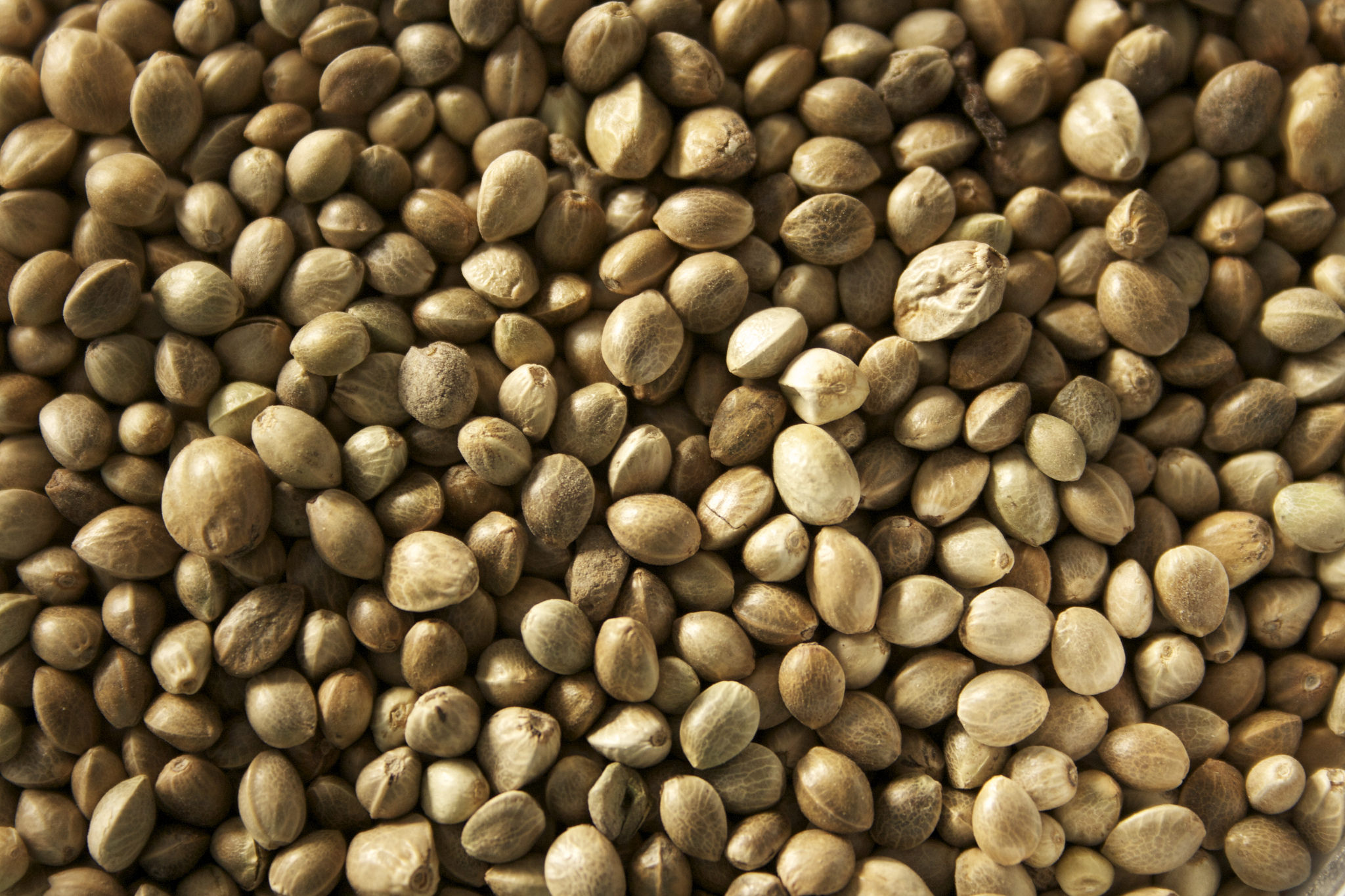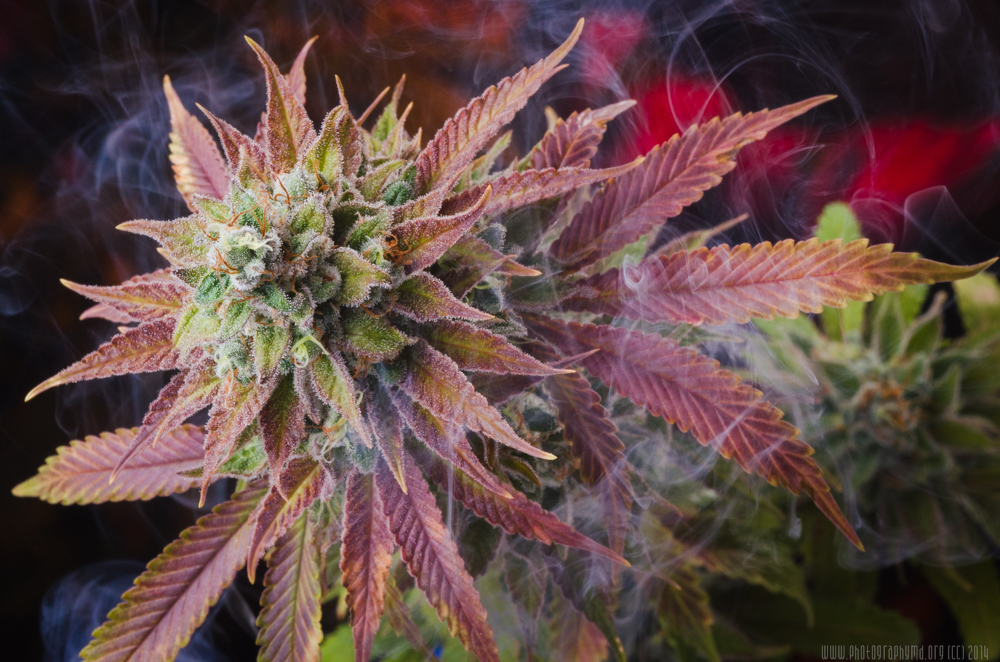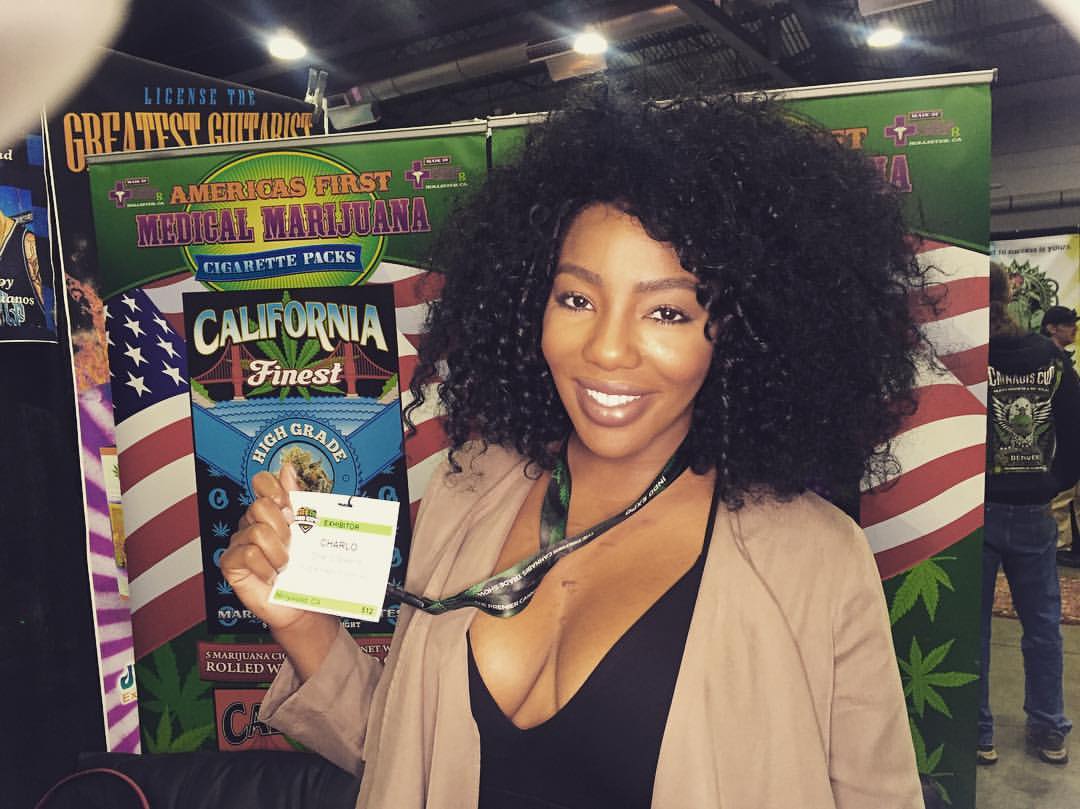Despite widespread misinformation, the Drug Enforcement Agency hasn’t made CBD oil illegal, yet. And, thanks to multiple protections passed by Congress, it’s unlikely that they can simply make CBD products disappear. Even so, the misinformation created by a recent administrative move by the agency to reclassify CBD created a lot of needless fear. At the very least, the DEA can expect to face serious legal action if they attempt to ban CBD.
I also recently covered Donald Trump’s decision to appoint his bankruptcy lawyer, David Friedman, as the next U.S. ambassador to Israel. Friedman is openly supportive of Israel’s illegal settlements in the West Bank and Gaza, which underwent record growth in 2016. While the president-elect often surrounds himself with anti-Semites, he’s also selected numerous cabinet members and advisers who supports a far-right, anti-peace view on Israel and Palestine.





